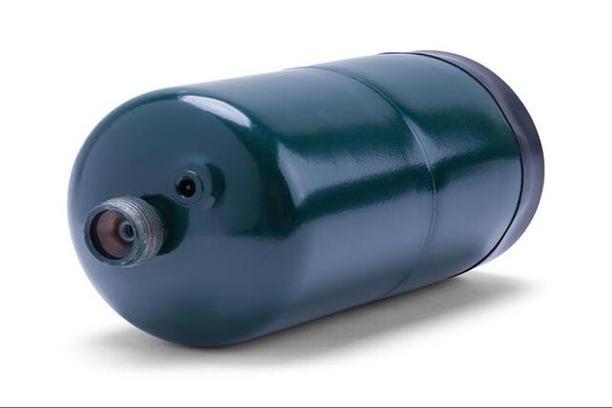Maintaining Compliance in the Propane Sector
Understanding the Regulatory Landscape The first step in compliance is understanding the complex regulatory landscape. This includes staying informed about federal, state, and local regulations that govern propane storage, transportation, and distribution. Keeping abreast of changes and updates in these regulations is essential. Investing in Compliance Training Regular training for all staff members is crucial.… Continue reading Maintaining Compliance in the Propane Sector


